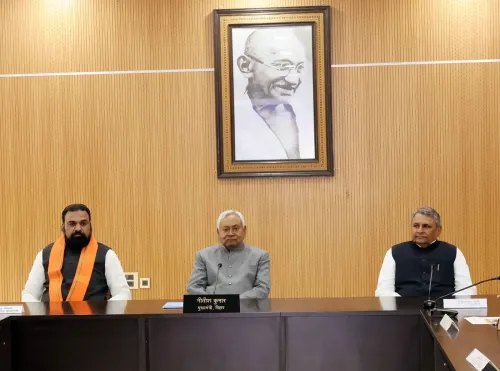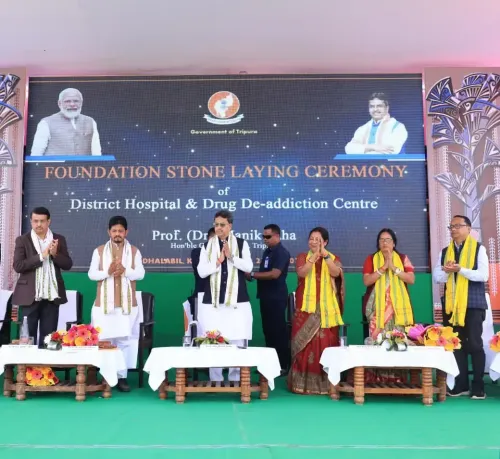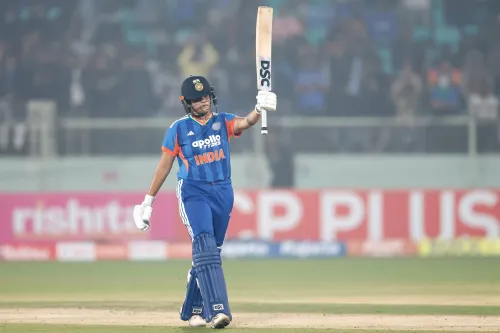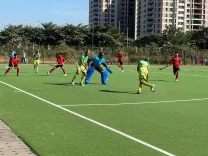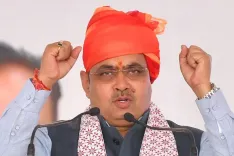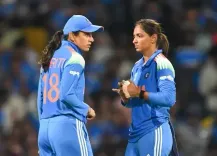Has the SC Extended Relief for Rahul Gandhi in the Veer Savarkar Defamation Case?
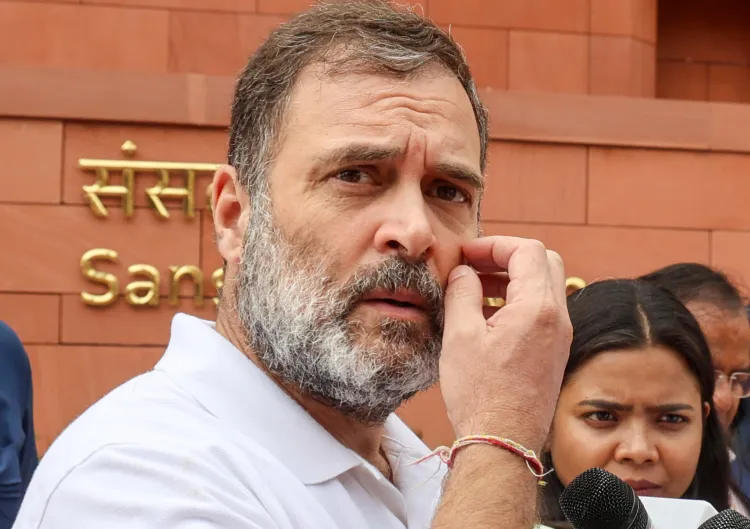
Synopsis
Key Takeaways
- The Supreme Court has extended the stay on summons against Rahul Gandhi.
- Important implications for freedom of speech are at play in this case.
- The court emphasized the need for responsible statements regarding freedom fighters.
- Sections of the IPC related to public mischief could have significant consequences for the accused.
- This case continues to evolve with ongoing legal proceedings.
New Delhi, July 25 (NationPress) The Supreme Court has once again extended its order that stays the summons issued to Rahul Gandhi, the Leader of the Opposition in the Lok Sabha, concerning a criminal defamation case tied to his alleged derogatory remarks about the eminent freedom fighter Vinayak Damodar Savarkar.
Back in November 2022, during his Bharat Jodo Yatra, Rahul Gandhi made defamatory statements about Savarkar at a rally held in Akola, Maharashtra.
A bench comprising Justices Dipankar Datta and AG Masih postponed the scheduled hearing by four weeks after receiving a request for adjournment.
In the interim, the Justice Datta-led Bench has also extended the interim relief initially granted to Rahul Gandhi on April 25.
Furthermore, the court instructed the complainant, advocate Nripendra Pandey, to submit his response within two weeks and permitted Rahul Gandhi to file a rejoinder affidavit, if necessary, within two weeks after that.
In a previous hearing, the Supreme Court had warned Rahul Gandhi against making any “irresponsible statements”, particularly advising him to refrain from speaking ill of freedom fighters.
The Supreme Court cautioned that should the Congress leader make similar comments in the future, it would take “suo motu” action against him.
“Let’s be clear, any further statement and we will take suo motu! We will not allow you to speak anything about our freedom fighters. They have given us freedom, and this is how we treat them?” stated the Justice Datta-led bench while addressing Rahul Gandhi’s plea to dismiss a 2022 defamation case against him.
After senior advocate Abhishek Manu Singhvi, representing Gandhi, assured the court that the Congress leader would avoid such comments going forward, the apex court issued an interim order halting the lower court's summons for him to face trial under Sections 153-A and 505 of the now-repealed Indian Penal Code (IPC).
Previously, the Lucknow Bench of the Allahabad High Court had declined to exercise its inherent powers to favor Rahul Gandhi, who sought to quash the entire legal proceedings.
A single-judge Bench, led by Justice Subhash Vidyarthi, stated in its April 4 ruling that Rahul Gandhi had the statutory option to file a revision against the trial court's order.
According to the IPC, 1860, Section 153-A pertains to “promoting enmity between different groups based on religion, race, caste, etc.”, while Section 505 addresses “statements conducing to public mischief.”



